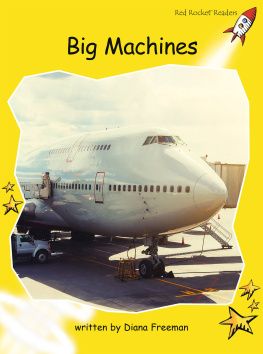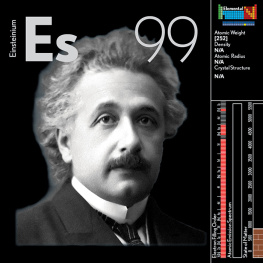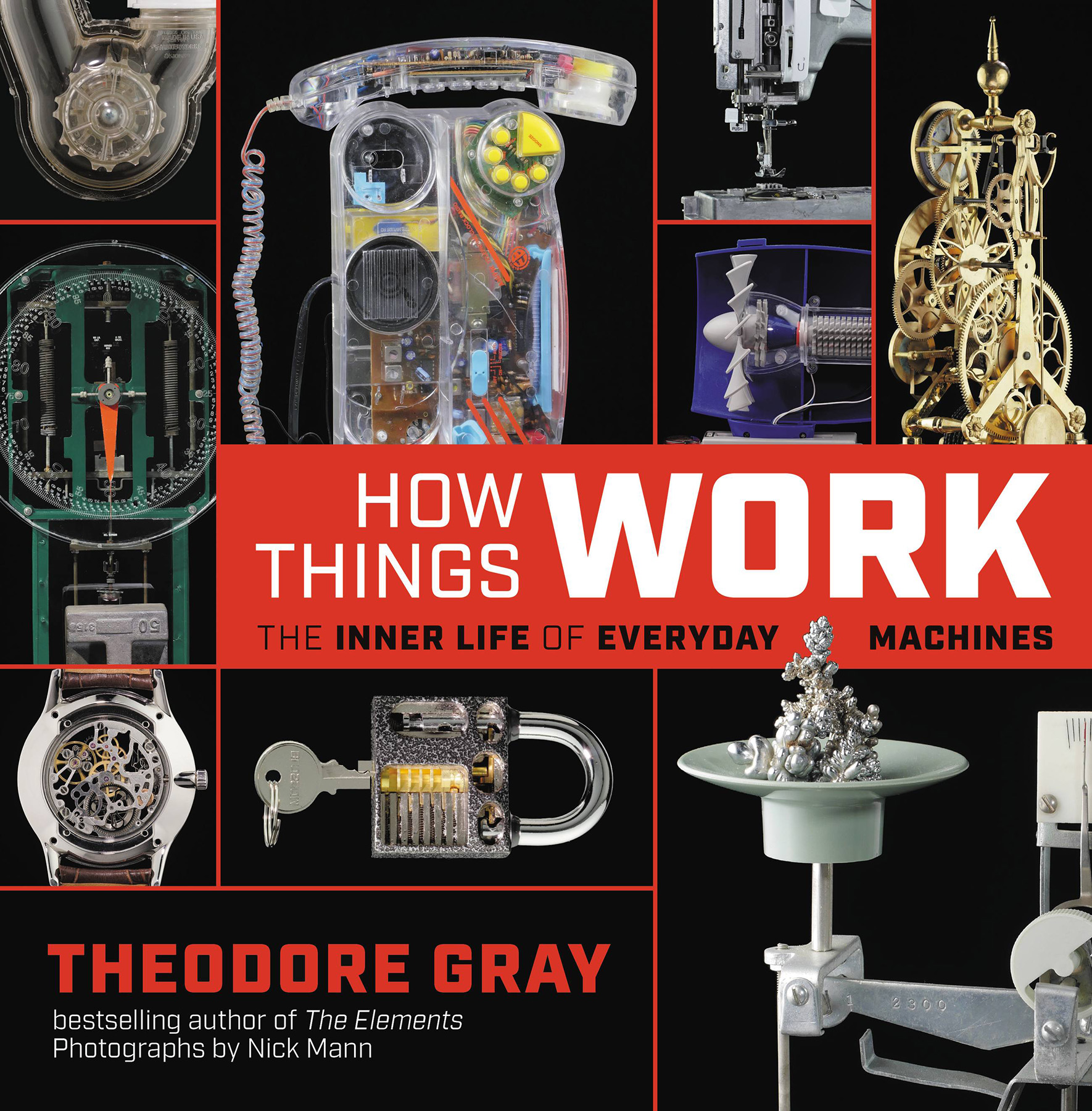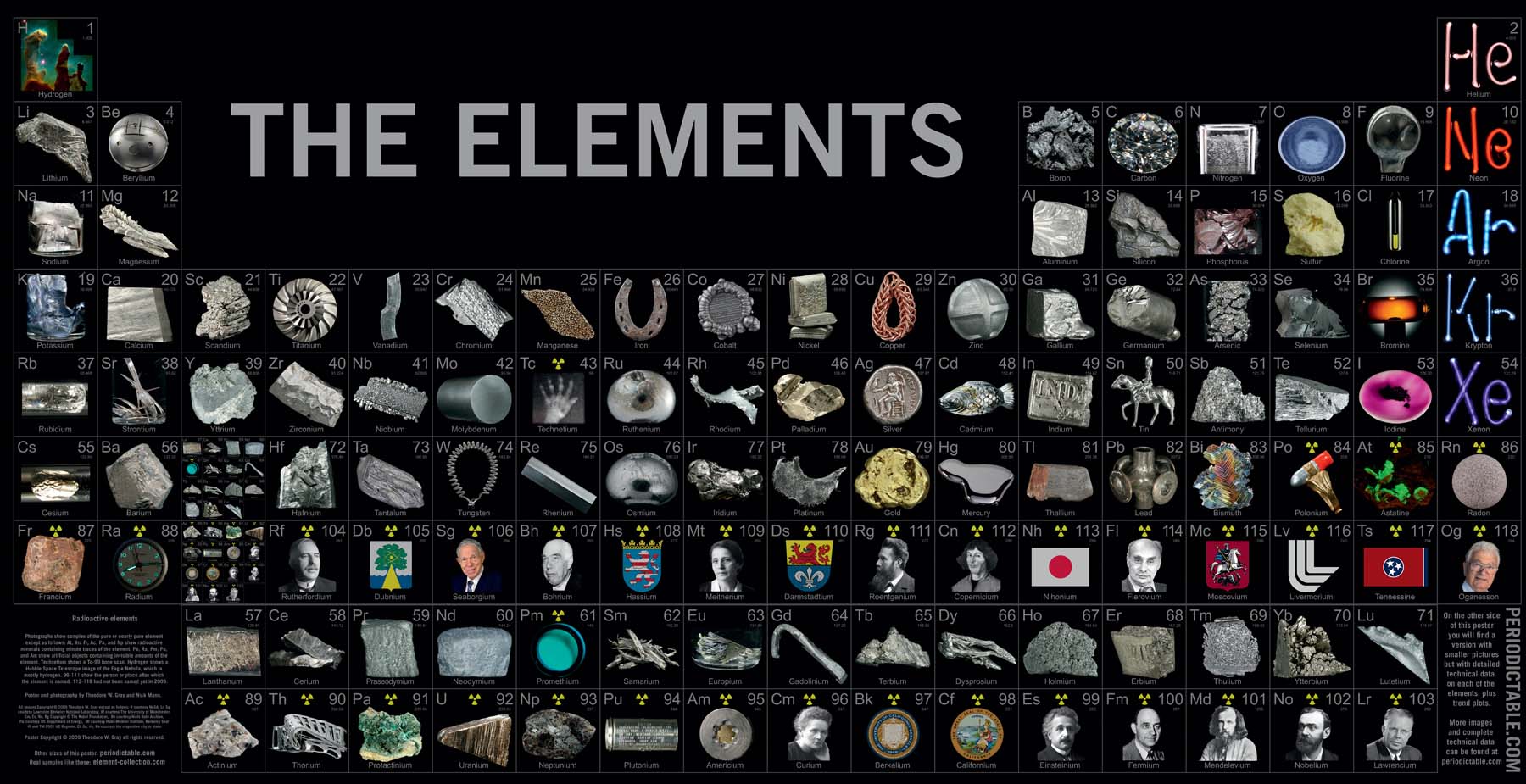Copyright 2019 Theodore Gray
Jacket design by Katie Benezra
Jacket photographs by Nick Mann
Jacket copyright 2019 by Hachette Book Group, Inc.
Hachette Book Group supports the right to free expression and the value of copyright.
The scanning, uploading, and distribution of this book without permission is a theft of the authors intellectual property. If you would like permission to use material from the book (other than for review purposes), please contact permissions@hbgusa.com. Thank you for your support of the authors rights.
Black Dog & Leventhal Publishers
Hachette Book Group
1290 Avenue of the Americas
New York, NY 10104
www.hachettebookgroup.com
www.blackdogandleventhal.com
First Edition: October 2019
Black Dog & Leventhal Publishers is an imprint of Perseus Books, LLC, a subsidiary of Hachette Book Group, Inc. The Black Dog & Leventhal Publishers name and logo are trademarks of Hachette Book Group, Inc.
The publisher is not responsible for websites (or their content) that are not owned by the publisher.
The Hachette Speakers Bureau provides a wide range of authors for speaking events. To find out more, go to www.HachetteSpeakersBureau.com or call (866) 376-6591.
Additional copyright/credits information is on .
Library of Congress Cataloging-in-Publication Data
Names: Gray, Theodore W., author. | Mann, Nick, photographer.
Title: How things work: the inner life of everyday machines / Theodore Gray; photographs by Nick Mann.
Description: New York, NY: Black Dog & Leventhal Publishers,
Hachette Book Group, 2019. | Includes index.
Identifiers: LCCN 2019009572| ISBN 9780316445436 (hardcover) | ISBN 9780316445450 (ebook)
Subjects: LCSH: TechnologyPopular works. | TechnologyPictorial works.
Classification: LCC T47 .G738 2019 | DDC 621.8dc23
LC record available at https://lccn.loc.gov/2019009572
E3-20190918-JV-NF-ORI
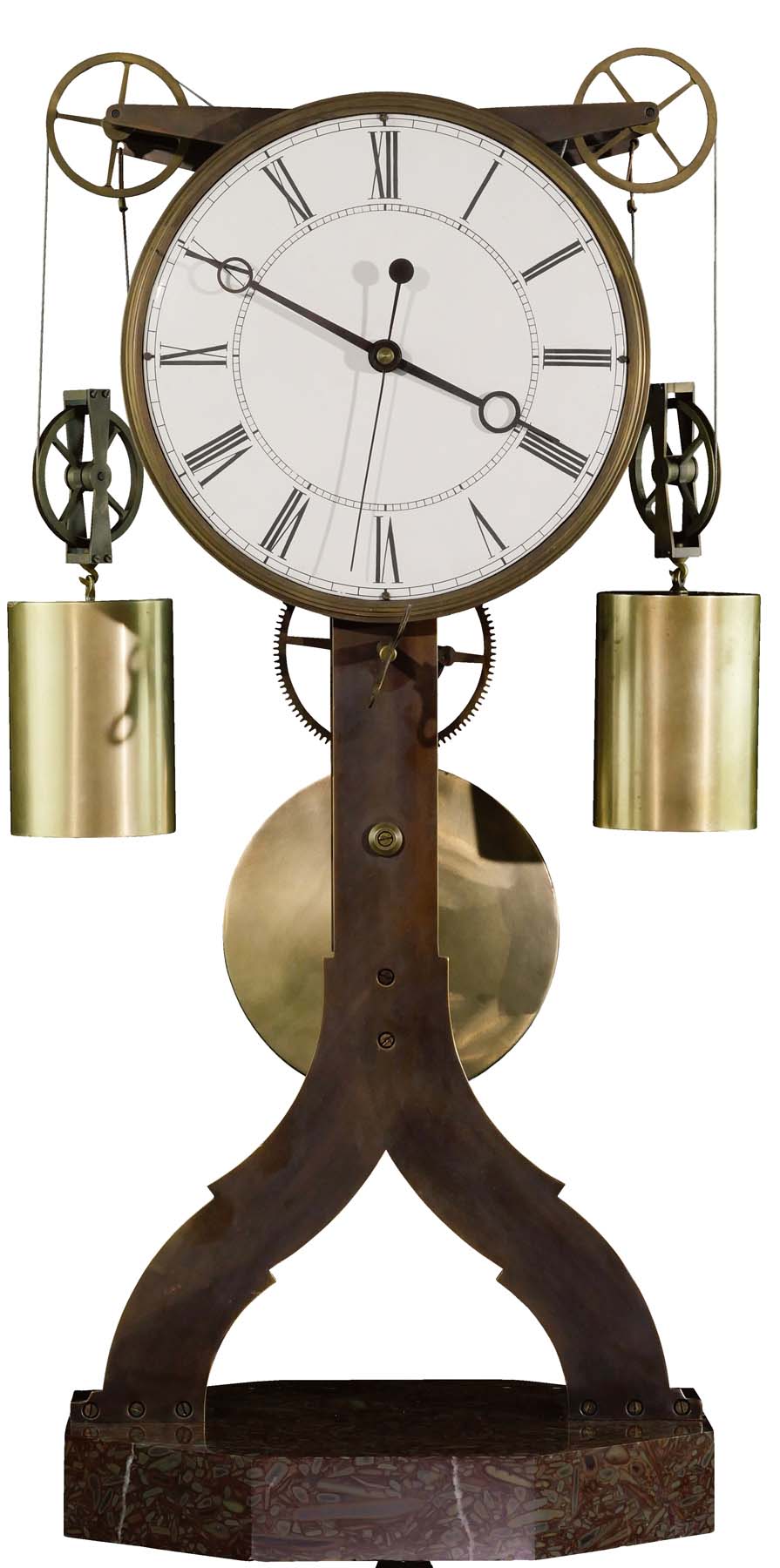
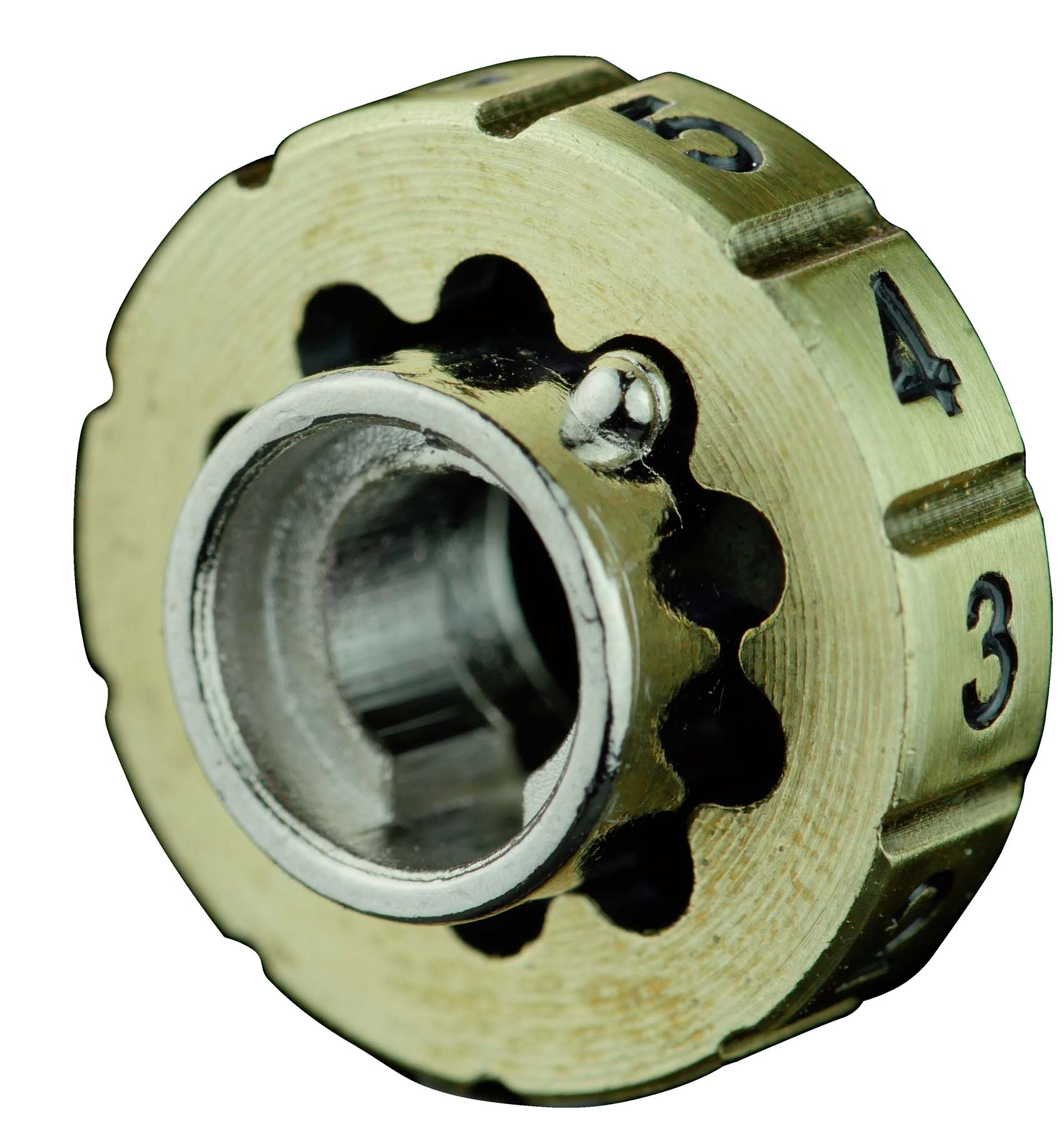
PEOPLE ARE MESSY. Theyre complicated and unpredictable. They can hurt you, and sometimes they hurt inside. Machines are not like that. They are what they are. They dont lie or cheat or turn the screw just when they know it will hurt the most. (Except printers. Printers are the psychopaths of machines.) Machines follow the rules. Even if you dont understand those rules at first, once you learn them, they will never change. They will remain true and the same, forever and always. This is especially true of machines you make yourself.
Other peoples machines, complex manufactured things, can be frustrating and difficult to master. (Hence the existence of shooting ranges in Las Vegas where you can bring your printer and shoot at it with pistols, assault rifles, sawed-off shotguns you know, whatever it takes.) But a thing youve made yourself is an open book. As you design it and bring it into existence, the machine reveals its nature to you one step at a time. In the end, it exists because of you, and you will always know it better than anyone else. You know not only its final form, but all the roads not taken, the other shapes and ways of being it could have embraced. When a manufactured thing breaks, it can be nearly impossible to fix, but when a machine you made breaks, well, you made it once, you can make it again.
A life built around making things is a good life. When you make things, they become a big part of who you are. And, as you make them, you sometimes find that they in turn are making you.
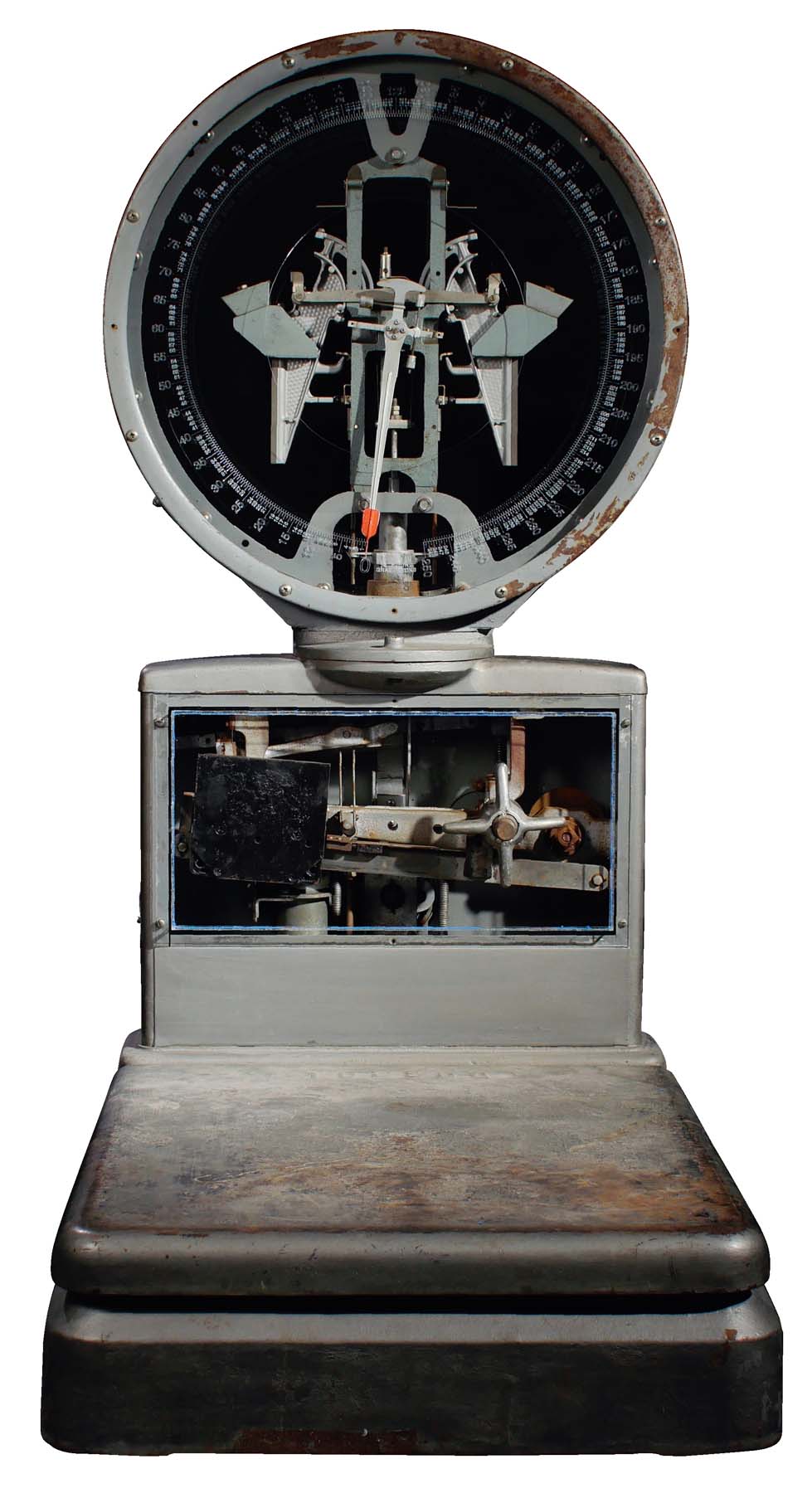
FOR MANY YEARS I worked on creating a computer program called Mathematica. Many other people worked on it too, but for several years, at the beginning, the Notebook user interface portion of it was mine and mine alone. I found great satisfaction in watching this creation of years come together. It was my life. (Literally: I had no other life, not even a date, for a decade.)
Even today I can see in my mind the structures inside this program, the internal logic, the chaos in a few places. I havent looked at the actual code in many years, but if I did, Im sure I would find many old friends, along with new ones added by the programmers who have come after me.
I still use Mathematica nearly every day to do my work. Yes, sometimes I curse my former self for bugs I could have fixed or features I will never see because no one else will ever care enough to add them. It was my baby, but not anymore. And, like my kids who were once small but then grew up, I have to accept my baby for what it is, not resent it for what it might have been.
Making Mathematica shaped me for twenty-three years. Its an important thing in the world, and I am proud of my work on it. But Im also glad that when the chance presented itself to make something else, I took that road.
I got started collecting elements by accident, but have since spent a lot of time with themI wrote a few books about them. Elements are good. Like kids, they are primal and raw, unique and universal. Everything is made of elementseverything we know and everything we are. And the kids, too, they are made of elements. The machines we call molecules are some of the most intricate and remarkable machines in existence. The machines called DNA and the machines called proteins are life itself to us. The time I spent with elements changed my life, and made me better. More interesting, I think.
I Grew Up with Things
SOFTWARE AND ELEMENTS are great, but this book is not about software or elements. It is about the certain and comfortable world of mechanical things. I made, played with, took apart, broke, and fixed a lot of things when I was young, and in the years since. I learned a lot from these things. Most of all I learned to love them. They changed me. They were there for me in good times and bad. They kept me going, and opened worlds for me. These things are now a part of my past, but other things are very much part of my present, and yours. I have gathered many interesting things for you to see and learn about in this book. I hope that in the pages that follow, you will see the beauty I do in the inanimate, yet very alive world of things.




